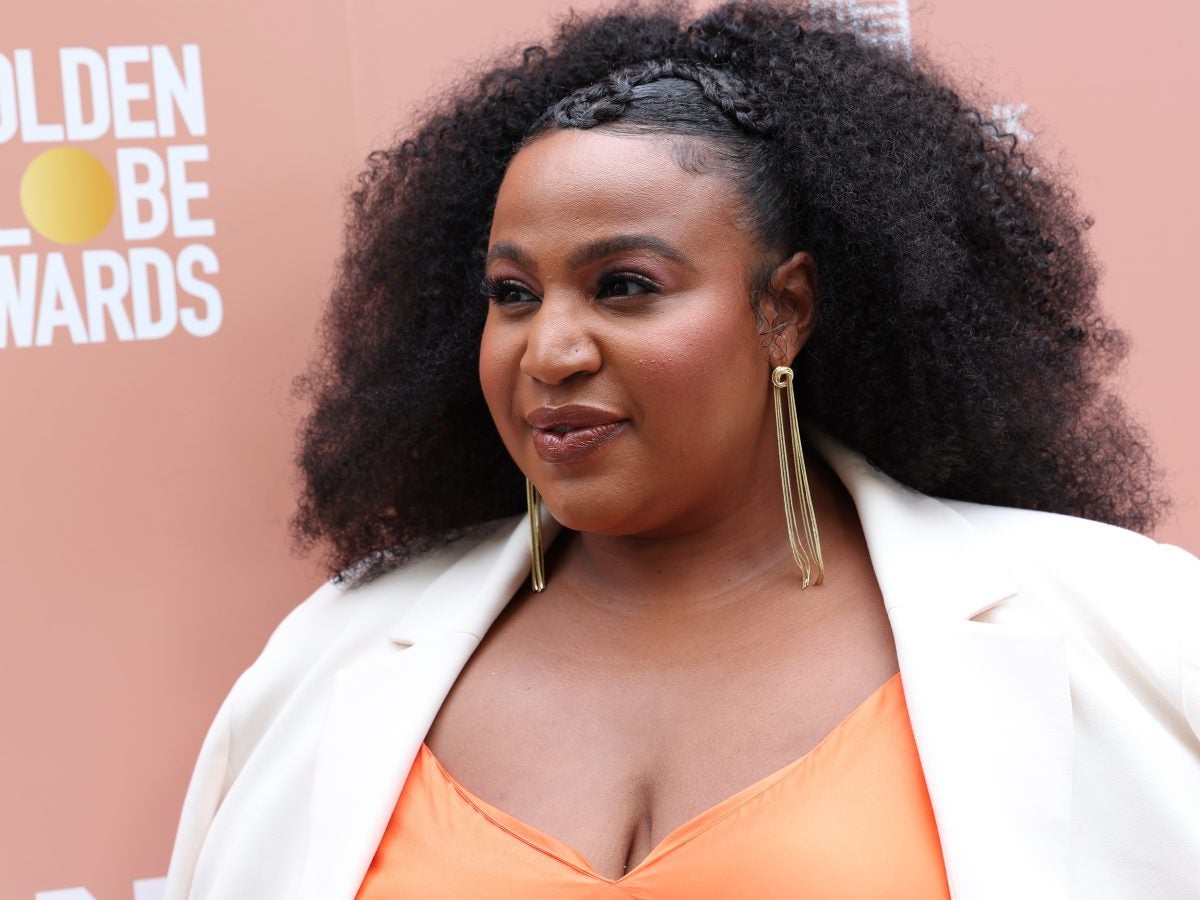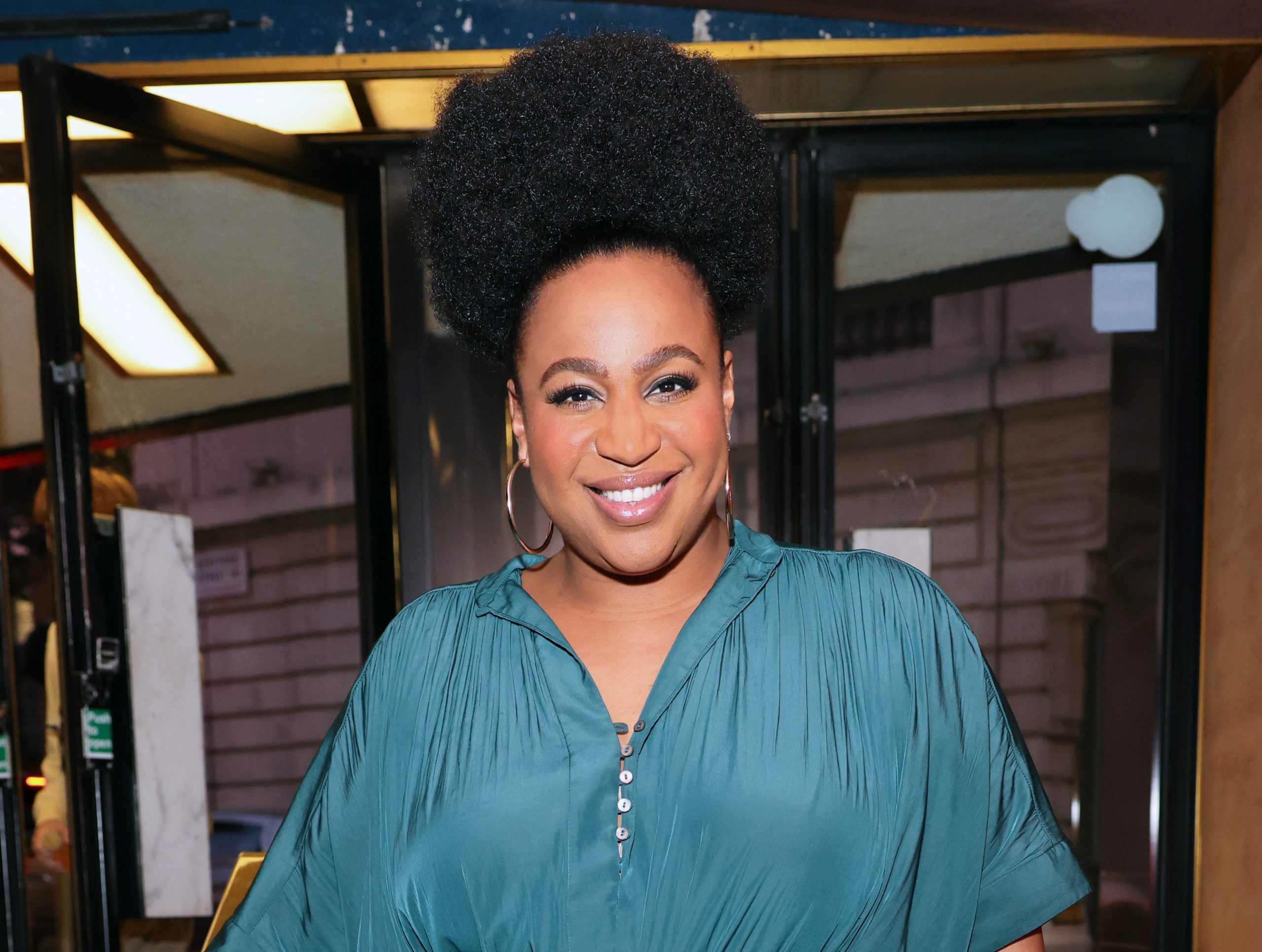
As the first Black female dwarf to be featured in the beloved fantasy story of J.R.R. Tolkien’s The Lord of the Rings saga, Sophia Nomvete has broken ground. But her presence in the lore as a woman of color wasn’t exactly something many die-hard fans of the writer’s work was prepared for.
Nomvete stepped into the fantasy tale as Princess Disa of Khazad-dûm with the premiere of Prime Video’s LOTR: The Rings of Power last year, a warm and confident ruler who uses her talents, wits, and strengths to keep her loved ones’ legacy upheld.
“I am a mother, and to be able to host this character who is a princess, a regal, formidable woman, it is everything that I believe the world and the franchise need and should be really really proud of, and I am beyond excited to be a part of that,” Nomvete told ESSENCE in an exclusive interview at the time of the show’s initial release.

However, some of that excitement was quickly dashed when initial photos of Nomvete as Disa made the rounds in the media and on fan sites. As Nomvete revealed to The Hollywood Reporter during their second annual second annual Raising Our Voices luncheon, she was “statistically the most attacked castmember of the entire show,” facing an onslaught of racist backlash from LOTR fans.
“There were N-bombs, I had no place here. ‘You’re too fat, you’re too black. Why are you here?’” Nomvete said. But Nomvete kept the bigger picture in mind, and refused to let the hateful words of a vocal subset run her off from one of the biggest opportunities of her career and a huge step in representation in the fantasy genre..
“I realized that my place in this show is not just a celebration, it is an act of defiance against a reality that is simply not true, which is that we have no place on screens or in fantasy spaces,” she said.
For the sake of her then-infant daughter, and also for generations of future fantasy fans coming behind her, Nomvete instead chose to make her character the most powerful and dynamic she could be – embodied by a Black woman.

“And so I marched to the showrunners and I begged them to make this moment matter. I begged them not to make her subservient or just the wife-of or the funny fat friend. I begged them to make her quite a sexual titan.”
“I went through the seven stages of grief by reading some of the comments, and then understood the assignment – and that was to help people understand and to embrace them and love them. You would never disregard a child if they were scared. They’re scared. They’re frightened because they haven’t seen us before,” she said. “I’ve made it my mission to ease their fear.”